Summertime Gladness
We like our cozy games over here at The Punished Backlog. A summer game is a moody cousin of the cozy game. Summer evokes the lingering, unburdened days of early childhood, when I had nothing to do but roam the neighborhood, hang out with friends, and play video games deep into those hazy evenings. With long days come long shadows, though: Summer summons wistful introspection, rumination on time gone by, reflections on those moments of life that punctuate our doldrums. It was that interstitial period between grades, a waiting room, stalled time.
When I think of my life’s most iconic summer game—especially now that summer has concluded—it takes exactly one “hyaahhh!!” to settle on The Legend of Zelda: The Wind Waker. The game was released for the GameCube in North America in 2003—I was in fourth grade, the height of doing nothing all summer—and it was distinctly not your older brother’s Zelda game. The graphics were cartoony, the setting was extremely wet, and the new Link was a descendant, not an iteration, of the Link of Ocarina of Time, who at that time represented the series in its three-dimensional glory. It was fresh, new, bright, and wide, wide open.
I fell in love with Wind Waker at minute one. I’d dabbled in the previous games, but no moment from old Hyrule stuck with me quite as firmly as those hours spent sailing across the Great Sea, cel-shaded swells at my bow and whorls of wind at my back, with the playful crescendos of the fantastic score keeping time. Traversing the world was frictionless, exciting, but never overwhelming—there was always a weird old fish to feed, a small island to hop onto, or a treasure chest to ratchet up from the ocean floor. There were kids running around, squealing piglets, goofy pirates, and towns warm with flowers and gossip and life.
Never before had a game made me feel so free. (And no game has since, really, until Tears of the Kingdom. But we’re not here for that one.) And freedom, untethered by stress or responsibility, was what summer was all about.
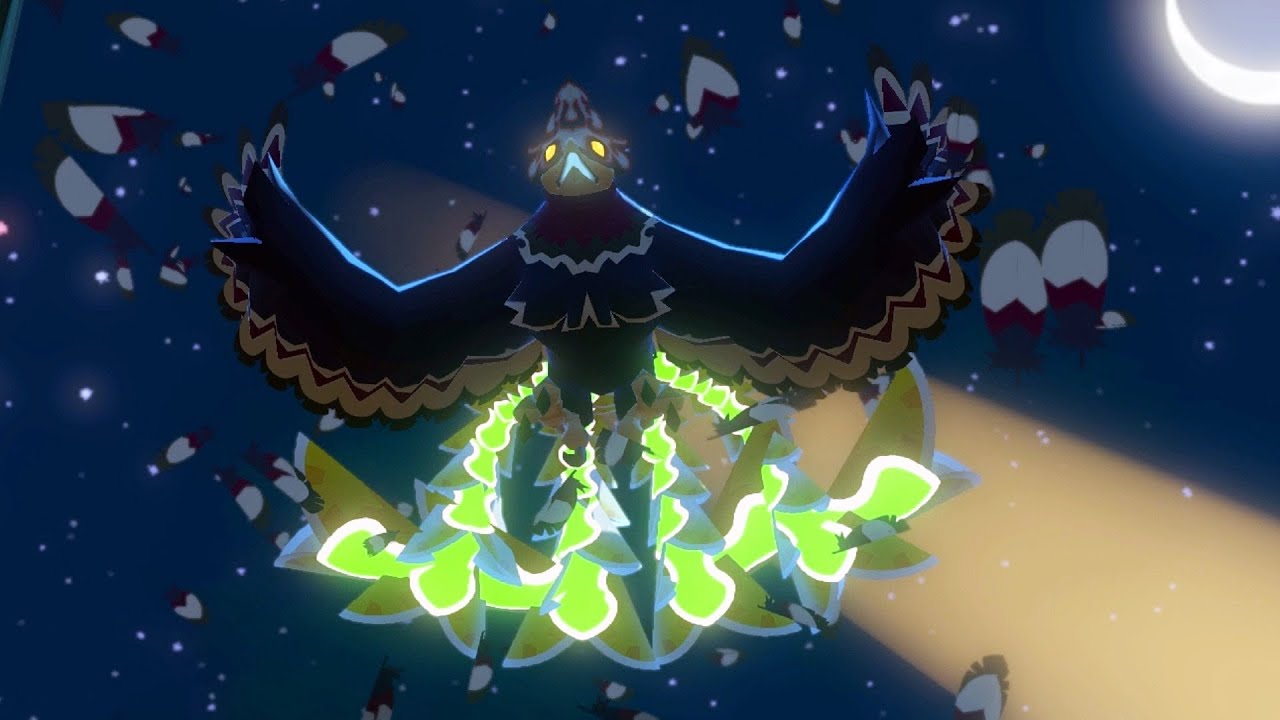
Signs of Adulthood
Of course, our Wind Waker Link wasn’t free of these things for long. He had to save his sister and his friend. Unlike the Link of Ocarina of Time, who slipped straight to adulthood to battle the bad guys, our cel-shaded hero had to save the world and stab Ganondorf in the head (wtf, by the way) before hitting puberty. And this Ganondorf is not the mythic pig monster of A Link to the Past or the demon king of Breath of the Wild. He’s evil, but human: a corrupted man in an unkind world.
Though technically the same Ganondorf as the one in Ocarina of Time, the Wind Waker iteration is older, sadder, sympathetic almost. He speaks with bitter nostalgia of his homeland, unfairly cursed to barrenness and death even as the great fields of Hyrule flourished nearby. A sagely robe and twin swords replace his ornate cape and flashy lightning balls.
Just compare their pre-final battle speeches, too: The Ocarina of Time Ganondorf is pompous and condescending while the Wind Waker Ganondorf explains that he has no intent to kill Link. The Ocarina of Time Link fights for his life, Zelda’s life, and the preservation of Hyrule. The Wind Waker Link fights a Ganondorf who has already lost everything, most of all his hope of restoring the land beneath the waves to the kingdom it once was. This is the Ganondorf whose skull my childhood Link sunk his sword into: a man fixated on the past and finally driven mad by his inability to reclaim it.
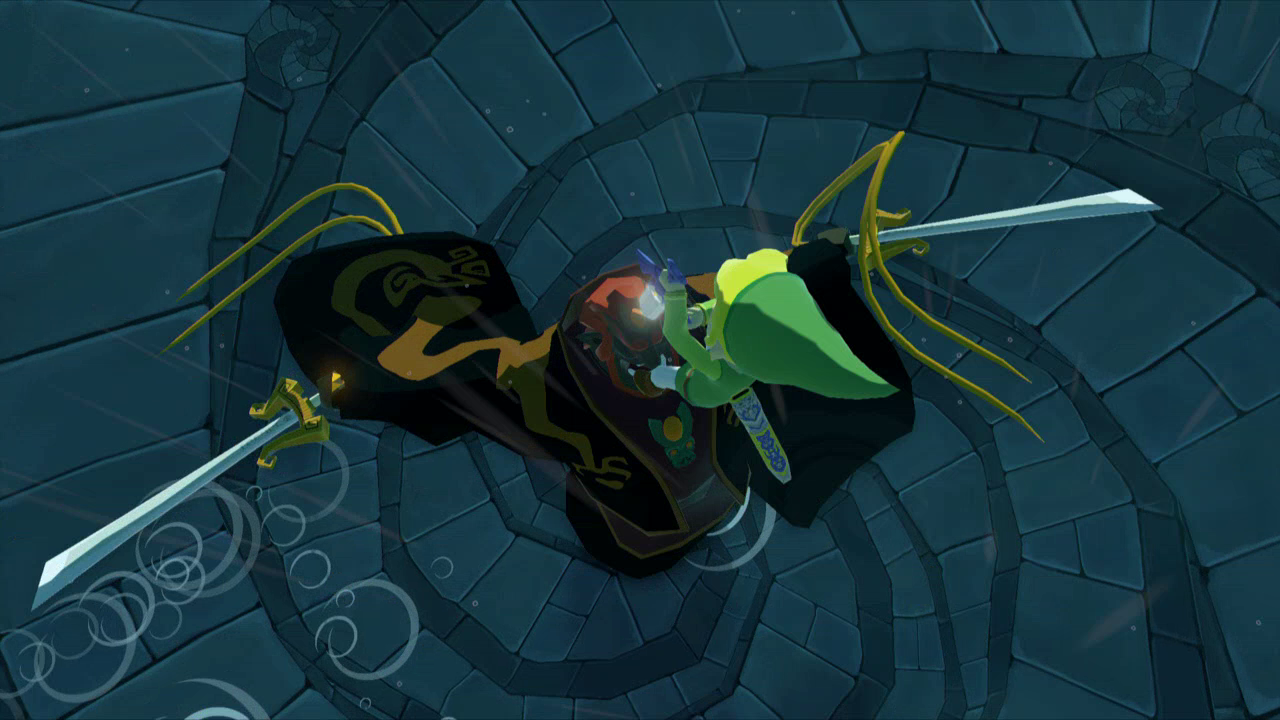
Ironic that my iconic childhood summer game—all about freedom!—is actually all about growing up, which I usually think of as anything but freedom. That’s the heart of the story, though. I mean, you never doubt that Aryll or Tetra will be harmed, that Medli the Rito and Makar the Korok will find their sagehood, that Link will unite the Triforce. It’s a Nintendo game. The good guys win.
A Link to the Future
The painful thing is that for all this to happen, Link has to outgrow his Outset Island tunic. His motivation has gone from saving his sister to saving Hyrule, but the ending sees Link face a challenge that no other Zelda game ends with: a Ganondorf who has already failed by the final fight. What’s left for him is despair, revenge, and death, echoing through the winds of his final moments, the winds of his birthplace centuries ago. The land Link is fighting for is long dead, and saving it is the misguided dream of men who couldn’t let go.
It’s Ganondorf who wanted to return Hyrule to how it once was. King Rhoam, in the end, is the one who wished for the ancient Hyrule to stay beneath the sea and finally wash away. As he says in some of his last words: “I have scattered the seeds of the future.” And so, in the post-credits scene, we see Link and Tetra set off together, back on the Great Sea, leaving behind Granny and journeying on to parts unknown, to their own land untethered to the old dream of Hyrule.
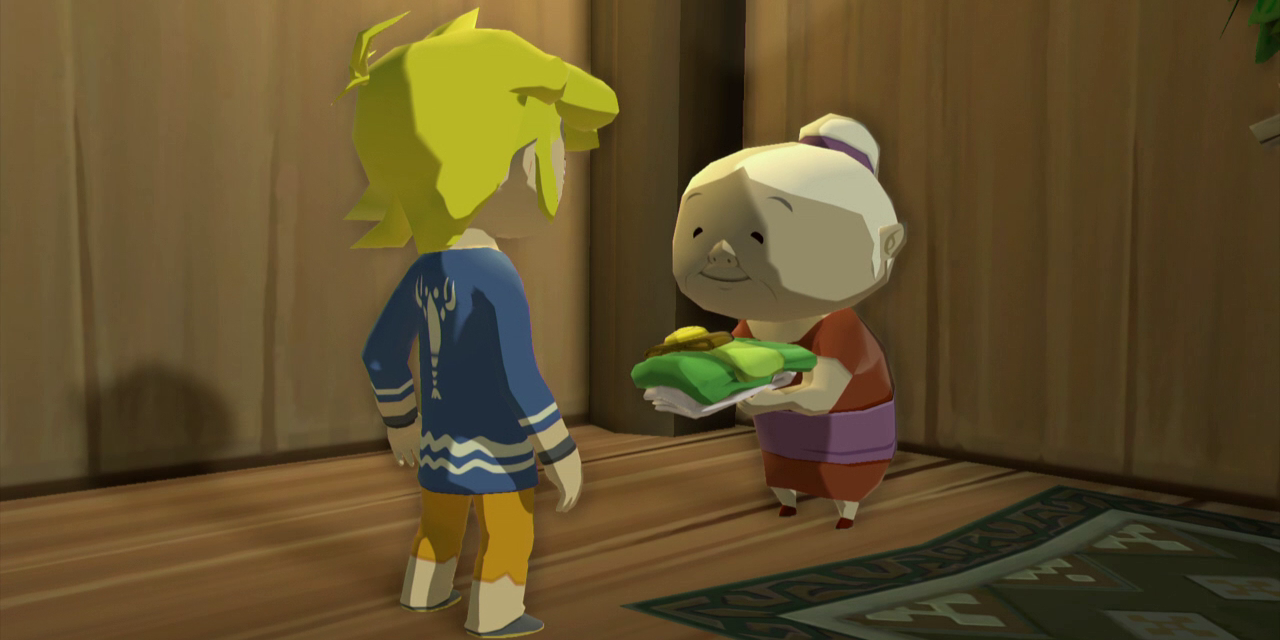
It’s the most bittersweet Zelda ending, I think. What’s past is past, what’s dead is gone; move on, move forward. Leave all you know behind. But hey, that’s growing up.
The Cruel Passage of Time
I’ve been thinking a lot about time passing recently. My book club just finished To the Lighthouse by Virginia Woolf, my favorite novel, in which the middle section is literally titled “Time Passes.” The book largely takes place during two summer days, 10 years apart, at the same house on Scotland’s Isle of Skye. About a year ago I actually got a tattoo of one of the book’s more famous quotes, often understood to be Woolf’s modernist assertion of the meaning of life: “matches struck unexpectedly in the dark.” Those unplanned and all too temporary moments of illumination that pierce the shadows, and in so doing highlight the gloom we live most days within, how little we really see. The meaning of life is just to keep your eyes open and notice when those matches flare, to appreciate what they show us, to hold onto each matchstick until the flame licks your finger, to drop it when the light’s spent.
Time moves faster as we get older, with life somehow busier but emptier. It’s harder to keep my eyes open. And with each big life change I can’t help but look back and scan the ground for littered matchsticks, wonder which sparks I’ve missed, try to remember who I was. Hard to see all that in the dark, though. I got married last month, left a city I love, and (like Homelander from The Boys) I’m finding more grays in my hair every day. I’ve had a lot to ponder.
My Wind Waker summer was about 20 years ago. It’s tough not to chase that old feeling of unfettered freedom as I once cut through the waves with my pal, the old king who was secretly a weird boat. It’s tough, in all seriousness, not to wander back in memory to those days when I had nothing to do, nothing I needed to do, nothing I wanted to do besides wake up, have fun, and be a kid. Where did that endless summer disappear to?
I’m not sure we can grasp it again, at least not for longer than a moment here, an hour there, maybe on the beach somewhere, waves lapping on the shore. Better not to try, I suppose. Better instead to learn the hard-fought lesson of King Rhoam, of To the Lighthouse: The past isn’t something we can freeze like a bug in amber. If we dwell in the days behind and cling to hope from a bygone world, we miss the brief, vital moments of meaning as they flare before us. Be brave enough to embrace change, darkness, the unknown. As Tetra says in the final line of Wind Waker: “As for our destination… The wind will guide us!”
Maybe that’s why the Triforce of Courage always went to the Hero of Time. We’ve got no choice in growing older—but it’s up to us whether we also keep growing up.
Grown-ups do play video games, though.
Ben is a lawyer by day, gamer by night, and overactive board game Kickstarter backer by dusk/dawn/witching hour. He loves Metroidvanias and Soulslikes, pixelated RPGs, and games about games. He's also passionate about board games and tabletop role-playing games, and is fascinated in a mega-nerd sort of way by academic theories about play. He’s got a new Twitter account for writing at @BenRashkovich.


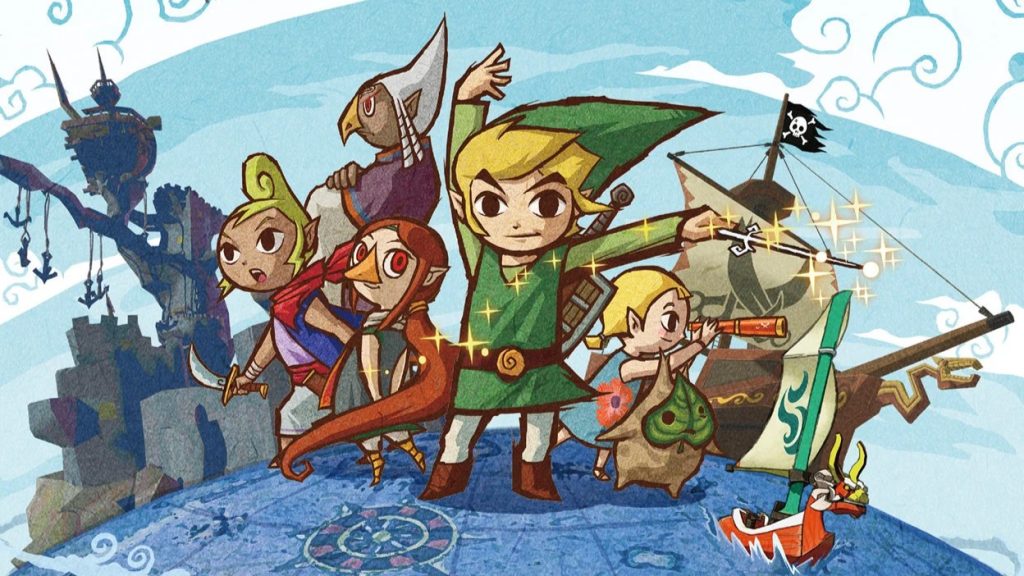







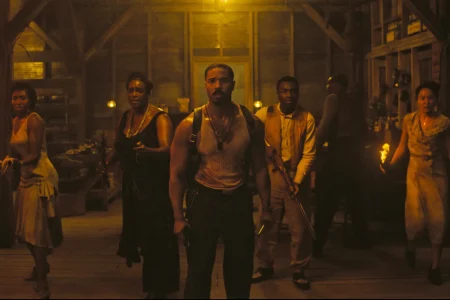
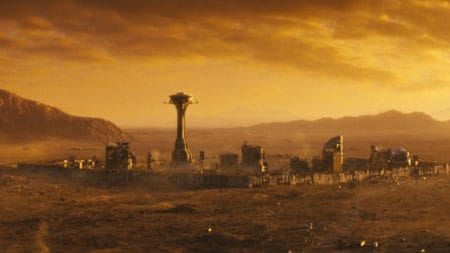

1 Comment
Yeah, it’s great.